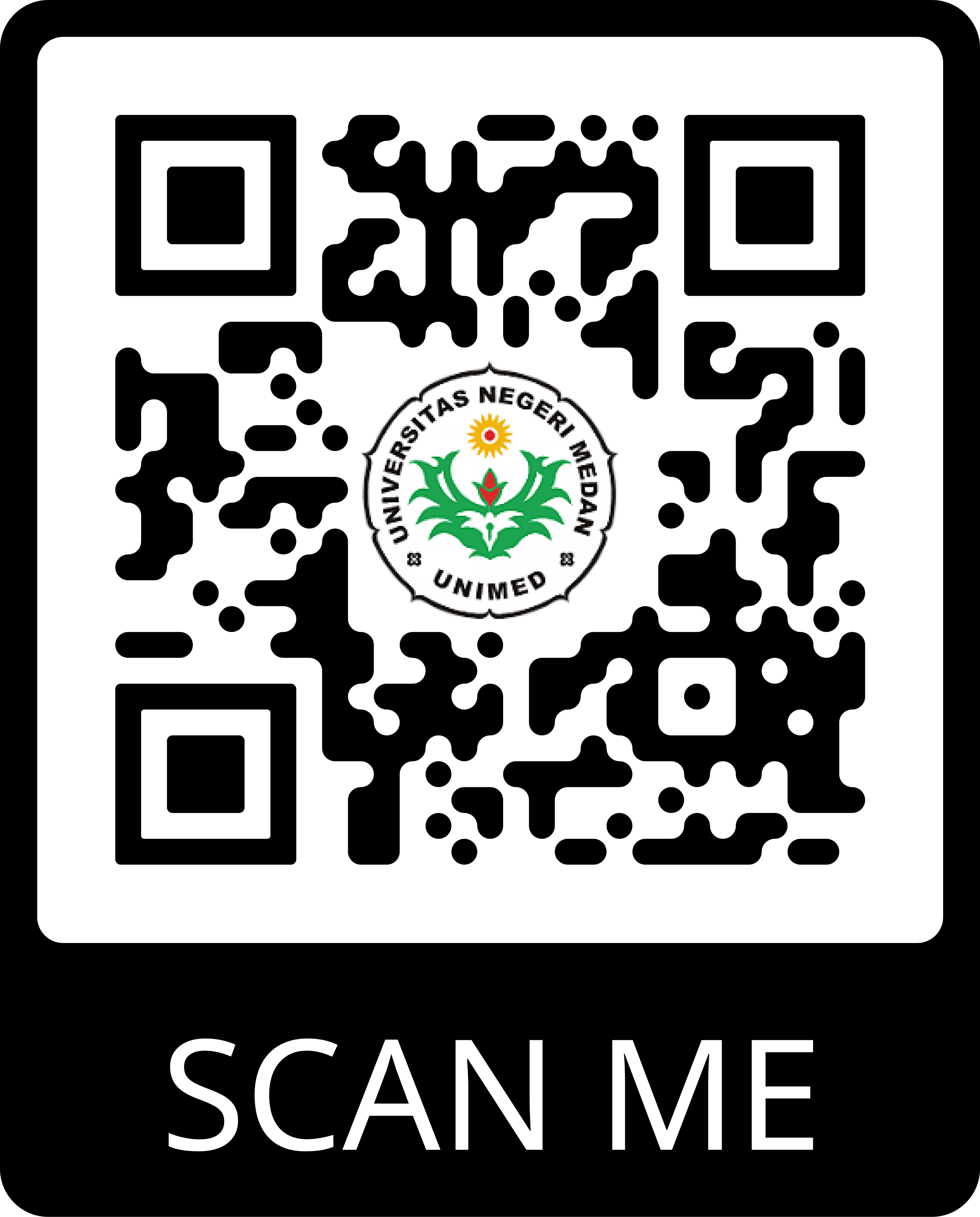TECHNOLOGICAL CONTENT KNOWLEDGE (TCK) ANALYSIS IN ONLINE LEARNING ASSISTED BY C-MAP TOOLS ON STATIC ELECTRICITY
Abstract
Keywords
Full Text:
PDFReferences
Adamson, F., & Darling-Hammond, L. (2015). Policy Pathways for Twenty-First Century Skills. In Assessment and Teaching of 21st Century Skills (pp. 293–310). https://doi.org/10.1007/978-94-017-9395-7_15
Akbar. (n.d.).
Anglin Gary. (n.d.).
Anna Rosesvky. (n.d.).
Chai, C. S., Ling Koh, J. H., Tsai, C. C., & Lee Wee Tan, L. (2011). Modeling primary school pre-service teachers’ Technological Pedagogical Content Knowledge (TPACK) for meaningful learning with information and communication technology (ICT). Computers and Education, 57(1), 1184–1193. https://doi.org/10.1016/j.compedu.2011.01.007
Gourlay, H. (2017). Learning about A level physics students’ understandings of particle physics using concept mapping. Physics Education, 52(1). https://doi.org/10.1088/1361-6552/52/1/014001
Koehler, M. J., Mishra, P., & Cain, W. (2013). What is Technological Pedagogical Content Knowledge (TPACK)? Journal of Education, 193(3), 13–19. https://doi.org/10.1177/002205741319300303
Lestari, N. A., Suprapto, N., Deta, U. A., & Yantidewi, M. (2018). Implementation of Multimodel Active Learning to Improve Basic Teaching Skills of Pre-Service Physics Teachers. Journal of Physics: Conference Series, 1108(1). https://doi.org/10.1088/1742-6596/1108/1/012119
Nair, S. M., & Narayanasamy, M. (2017). The effects of utilising the concept maps in teaching history. International Journal of Instruction, 10(3), 109–126. https://doi.org/10.12973/iji.2017.1038a
Novak, J. D. (1995). Concept Mapping: A Strategy for Organizing Knowledge.
Nugroho, O. F., Chandra, D. T., & Sanjaya, Y. (2017). The Use of Concept Map as a Consolidation Phase Based STAD to Enhance Students’ Comprehension about Environmental Pollution. Journal of Physics: Conference Series, 812(1). https://doi.org/10.1088/1742-6596/812/1/012071
Nurdyansyah 2019. (n.d.).
Permendikbud. (2013). No Title. No 66.
Sagala, S. (2013). Manajemen strategik dalam peningkatan mutu pendidikan : pembuka ruang krativitas, inovasi dan pemberdayaan potensi sekolah dalam sistem otonomi sekolah.
Sari, P. P., & Ardianti, D. (2021). Implementation of Problem Based Learning ( PBL ) on Interactive Learning Media. 2, 24–30.
Sholihah, L. M., & Yuliati, W. (n.d.). Peranan TPACK Terhadap Kemampuan Menyusun Perangkat Pembelajaran Calon Guru Fisika dalam PembelajaraN POST-PACK.
Sunandar. (n.d.).
Suprapto, N., Suliyanah, Prahani, B. K., Jauhariyah, M. N. R., & Admoko, S. (2018). Exploring physics concepts among novice teachers through CMAP tools. Journal of Physics: Conference Series, 997(1). https://doi.org/10.1088/1742-6596/997/1/012011
Suprapto, N., Cahyani, D. N., Ardianto, D., & Mubarok, H. (2020). Implementation of C-Map Application to Improve Students’ Understanding of Work and Energy Matter. International Journal of Instruction, 14(1), 199–214. https://doi.org/10.29333/IJI.2021.14112A
Suprapto, N., Liu, W.-Y., & Ku, C.-H. (2017). The Implementation of Multiple Intelligence in (Science) Classroom: From Empirical Into Critical. Pedagogika, 126(2), 214–227. https://doi.org/10.15823/p.2017.30
Suryawati, E., & Dan Yosua Hernandez, F. L. N. (n.d.). Analisis Keterampilan Technological Pedagogical Content Knowledge (TPCK) Guru Biologi SMA Negeri Kota Pekanbaru.
DOI: https://doi.org/10.24114/jpf.v10i2.28515
Article Metrics
Abstract view : 485 timesPDF - 254 times
Refbacks
- There are currently no refbacks.
Copyright (c) 2021 Tsabitamia Irba, Nurita Apridiana Lestari,

This work is licensed under a Creative Commons Attribution 4.0 International License.
___________________________________________________________________________________________________________________________________________
Jurnal Pendidikan Fisika
p-ISSN : 2252-732X | e-ISSN : 2301-7651
Organized by The Magister of Physics Education Departement in State University of Medan in collaboration with Physical Society of Indonesia (PSI)
W: https://jurnal.unimed.ac.id/2012/index.php/jpf/index
E : jpfunimed@unimed.ac.id
rajo.hasim@gmail.com (principal contact)

_____________________________________________________________________________________________________________________________________________

This work is licensed under a Creative Commons Attribution 4.0 International License.





